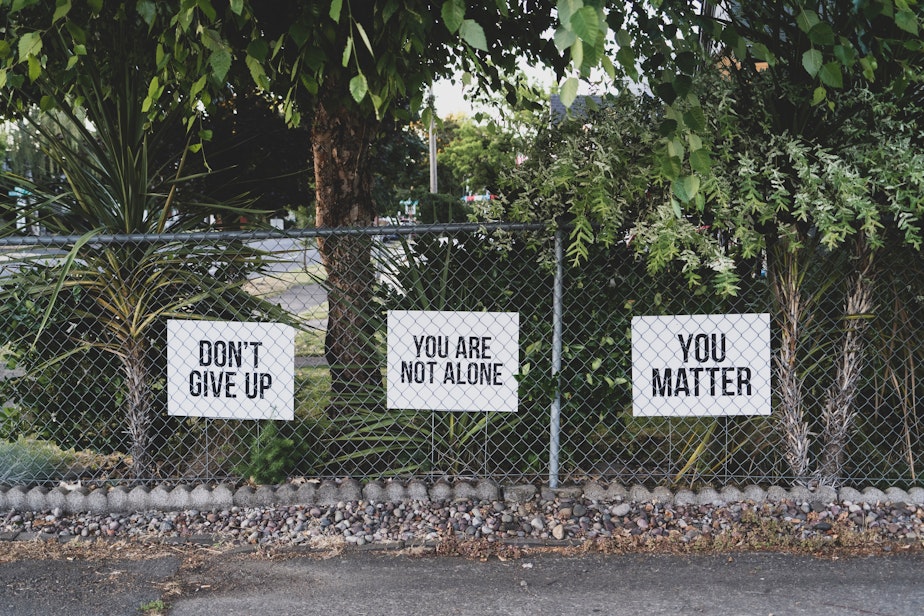Washington counties win initial legal victory over scarce mental health beds

In the battle with state officials over who which populations should receive scarce mental health beds, a group of Washington counties say they won an initial legal victory Friday.
A majority of Washington counties sued the state’s Department of Social and Health Services in August, over the agency’s abrupt release of patients with mental illnesses.
These people had been charged with crimes but deemed incompetent to stand trial. State officials said they needed to make bed space for people who were still awaiting trial.
Now Pierce County Superior Court Judge Michael Schwartz has granted a preliminary injunction in favor of the counties, forcing DSHS to adhere to its previous practices.
That decision means the state must now notify prosecutors and victims before releasing these patients. The state will also have to evaluate their mental health and whether they are likely to reengage in criminal activity, according to David Hackett, general counsel to King County Executive Dow Constantine.
Hackett said the vast majority of those evaluations have typically indicated a need for further mental health services.
Sponsored
“The order doesn’t require treatment, but the evaluation will be there,” Hackett said. He said the ruling will “make sure people aren’t lost in the paperwork” and will receive help.
“We want to collaborate with DSHS and the state to put resources in place to make sure the legal obligations are being met in terms of funding and staffing facilities,” Hackett said. He noted that six more counties will be joining the lawsuit, for a total of 28 plaintiff counties.
DSHS spokesperson Tyler Hemstreet said in a statement that the department is “disappointed” in the latest ruling, which “puts us at odds with the federal court order to limit admissions to the state hospitals.”
The federal court order is focused on speeding up access to mental health services for another population — people in jail facing criminal charges who are in need of "competency restoration" services.
However, Hemstreet said said the agency will continue to seek more “bed capacity” for these complex patients.
Sponsored
“We accepted 10 patients to the new Olympic Heritage Behavioral Health facility in Tukwila this week," he said. "So, that is a good start.”




